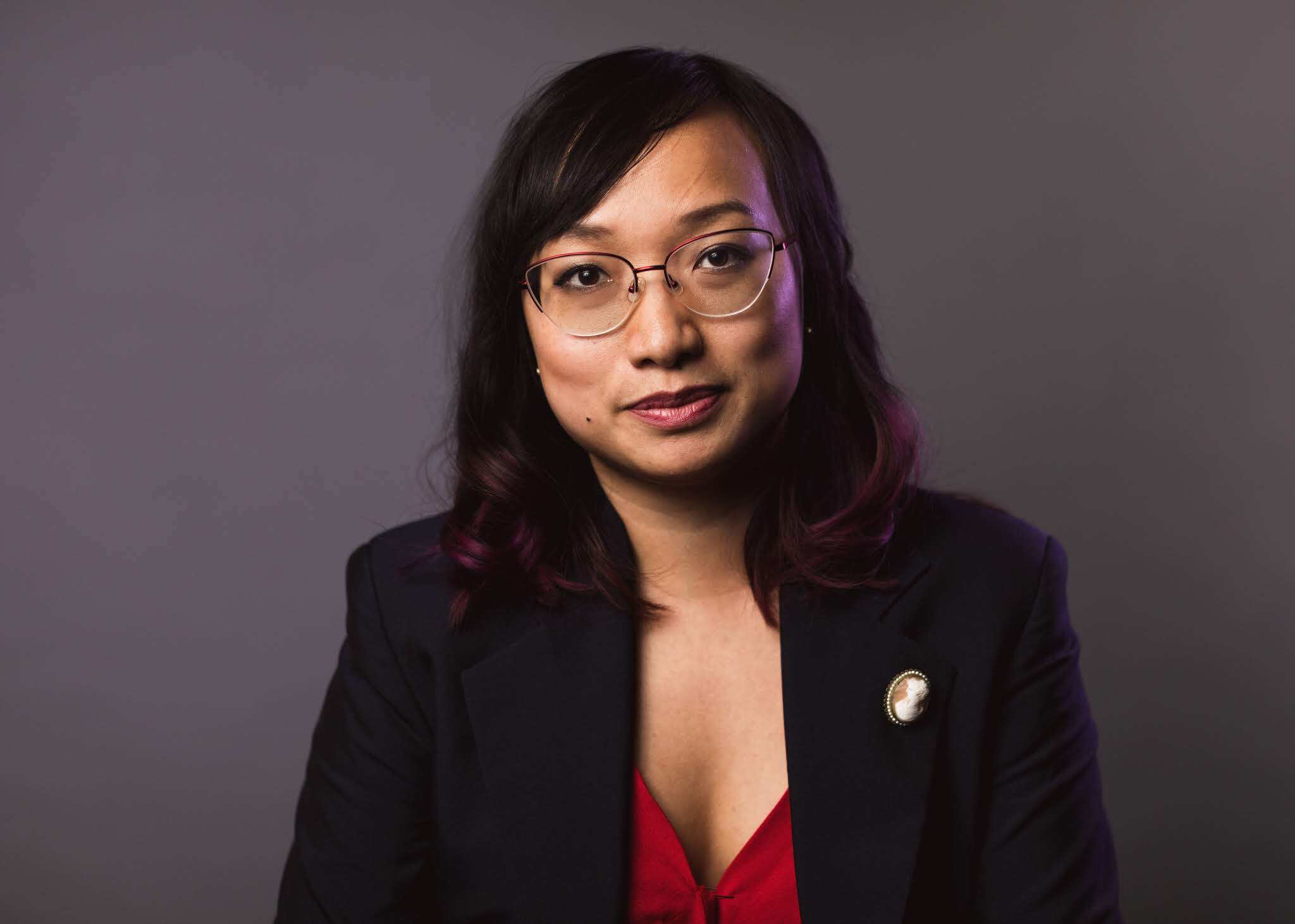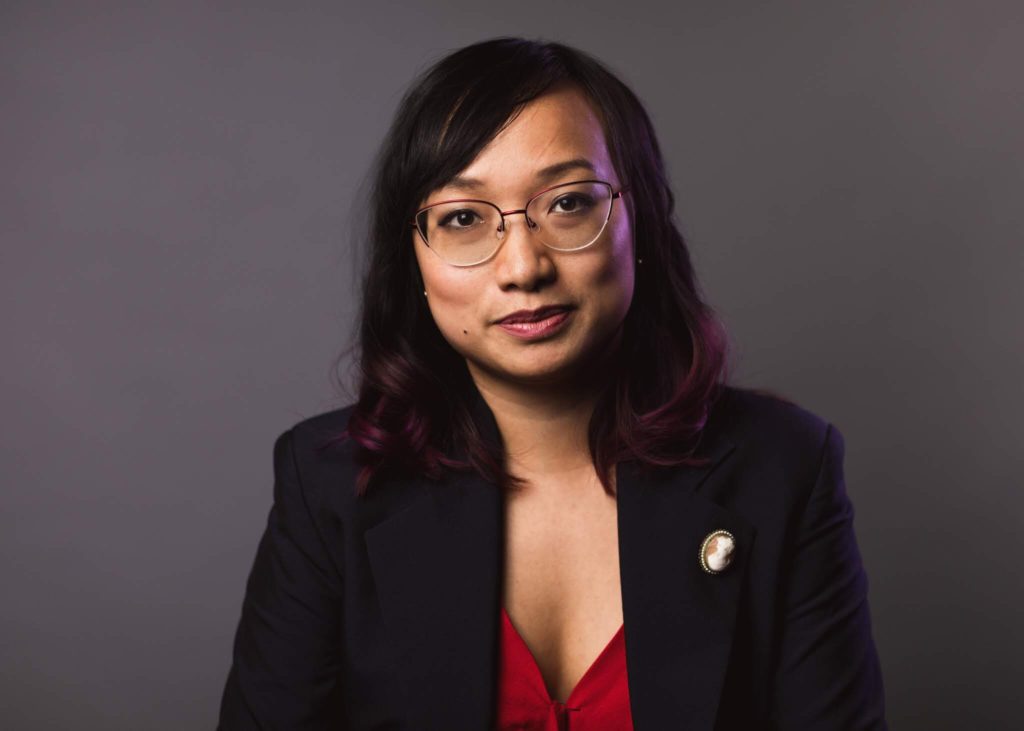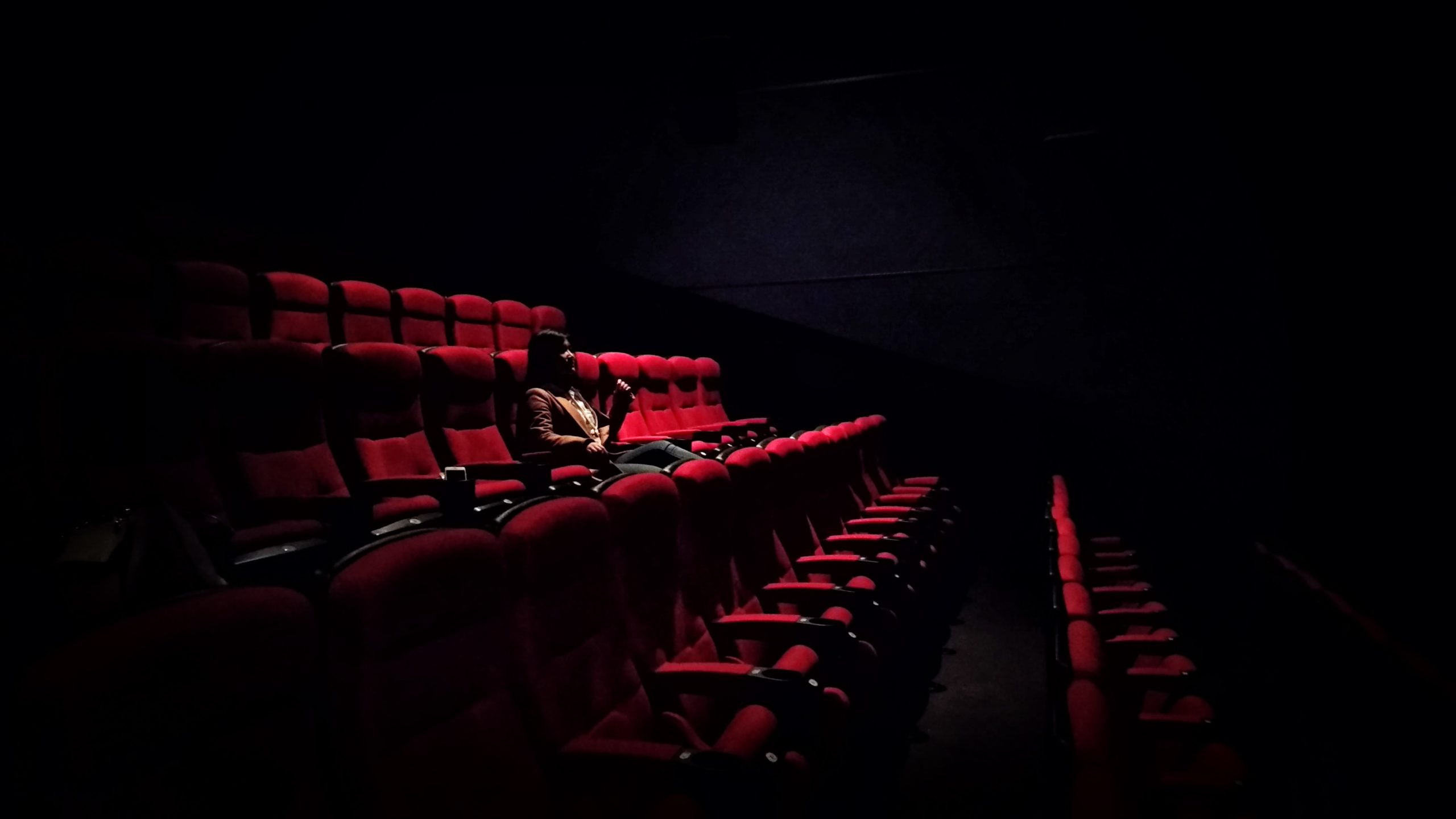
Critic Spotlight: May 2021
Diep Tran
New York critic
Outlets: American Theatre; Broadway.com

What made you decide you wanted to become a critic in the first place?
I’ve kind of fallen into this career. When I was young, I wanted to be a dentist. I have no idea why; I really liked my dentist. I wanted to be that kind of person for someone. But that kind of fell by the wayside because I had a more creative brain. I just wanted to write for a living. I was going to be a novelist and write fiction for a living.
You could have been the John Grisham of dentistry. Opportunity missed!
Then I realized, oh, wait, I read newspapers and people who write for newspapers for a living: I can write and get paid for it because that’s a dream. I wrote my first theater review and I did not know what I was doing. The first musical I ever saw live was “Phantom of the Opera.” I was really in love with it, and I just really wanted to cover Broadway shows.
There was an opening for an editorial assistant at American Theatre magazine, and I applied for it and I got it. I was hired to be an assistant and then I became an editor. I was always editing other people or helping other people. And then, like Cinderella, in my spare time after I finished all of my other work, I could actually think a bit about developing my own voice.
Let’s talk about being a critic. What were your philosophies about focusing your criticism?
I was trained in the Frank Rich model where you are the impartial viewer assessing how it all works artistically. It wasn’t until I started doing it more that I realized how weird it is that we use “objective” and “criticism” in the same sentence. Those are oxymorons: when you critique something, you cannot be objective.
But when I first got to New York I tried to write like that, like other people were writing at the time. It wasn’t until I went to the Eugene O’Neill Theater Center (National Critics Institute) and one of the instructors, Mark Blankenship, gave us an assignment to write a personal essay. I wrote about this thing that was really pissing me off at the time, which was critics comparing people to food, using terms like “spicy.”
So I wrote this piece about the ways that we can be less racist. I got really good feedback in my class and then I gave it to American Theatre. We published it, and it went viral. That started me on my road of becoming the person who talked about systemic racial issues within the theater industry.
After that I just wrote about the things that really interested me, like issues of representation and appropriation and who has the power in a rehearsal room and how that influences what we see on stage. And why is it that all the people in power are white men. I had a platform I could use to bring attention to what was angering a sizable amount of people.
I don’t shy away from speaking very specifically about myself or pretend to be unbiased and I don’t pretend to know something I don’t know. And I think that’s allowed me to develop my voice in a more robust way.
Now I kind of resent being told I shouldn’t talk about myself in my writing. I write about what interests me and what I see in a theater production that no one else will be able to see. I’m not pretending to be an authority figure; I’m always willing to learn.
We as journalists especially shouldn’t know everything. We should be always wanting to learn because that serves our readers the best.
During the COVID pause, in Chicago at least, racist institutions were called out and artistic directors were replaced. Is there any indication of potential changes in New York?
I think it’s hard to make a definitive assessment about it, because unfortunately the people calling for change are always calling for change, and they are the lower-level workers in the industry, like the actors, the playwrights, the creative people.
Take for example the Scott Rudin controversy. His temper was very well known within the industry, and the Hollywood Reporter talked about how he is verbally and physically abusive.
But even though there have been protests on Broadway about it, even though he’s stepped down from the Broadway League, the other producers and artistic directors, the League itself, the people who hold power, they have not said a word. These are institutions who have expressed their support for the #MeToo movement, diversity and equity and all of the buzzwords, but when it comes to holding one of their own accountable they refuse do it.
How has your perspective on the work shifted this past year?
When I was at American Theatre, I became the person who covered the really hard topics: racist incidents, sexual harassment and the #MeToo movement, pay inequity. That was mentally stimulating me at the time. I loved it. I love a challenge, and that seemed like something I should do. It’s good for the industry. I think I didn’t realize how fatigued I felt.
It got to a point where I felt like I was giving a lot, but I wasn’t really taking care of myself the way I needed to. So this moment, this break, I have been able to focus a little internally, and on my own mental health.
Would you share some of your favorite pieces of writing?
April 13, 2017: “I Am Miss Saigon, and I Hate It” in American Theatre
April 7, 2021: “Invisibility and Objectification Can Kill: American Theatre’s Anti-Asian Problem” in American Theatre
April 27, 2021: “What We’ll Keep. The pandemic made us change our lives. Here are 11 ways we won’t change back. Streaming theater.” in The Washington Post
March 10, 2021: “Jurnee Smollett’s Storied Road to ‘Lovecraft Country’ + Making Art With a Message” in Backstage
— Interview by Karen Topham, edited for length and clarity.





Sorry, the comment form is closed at this time.